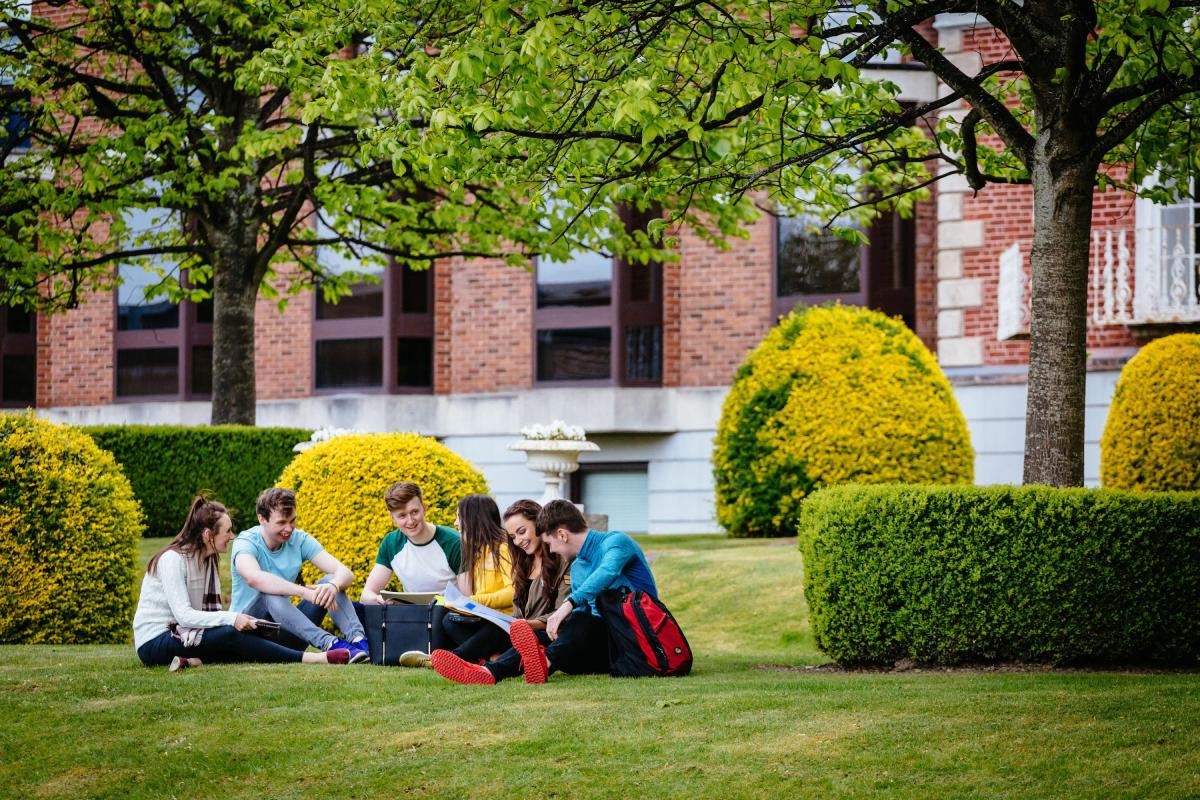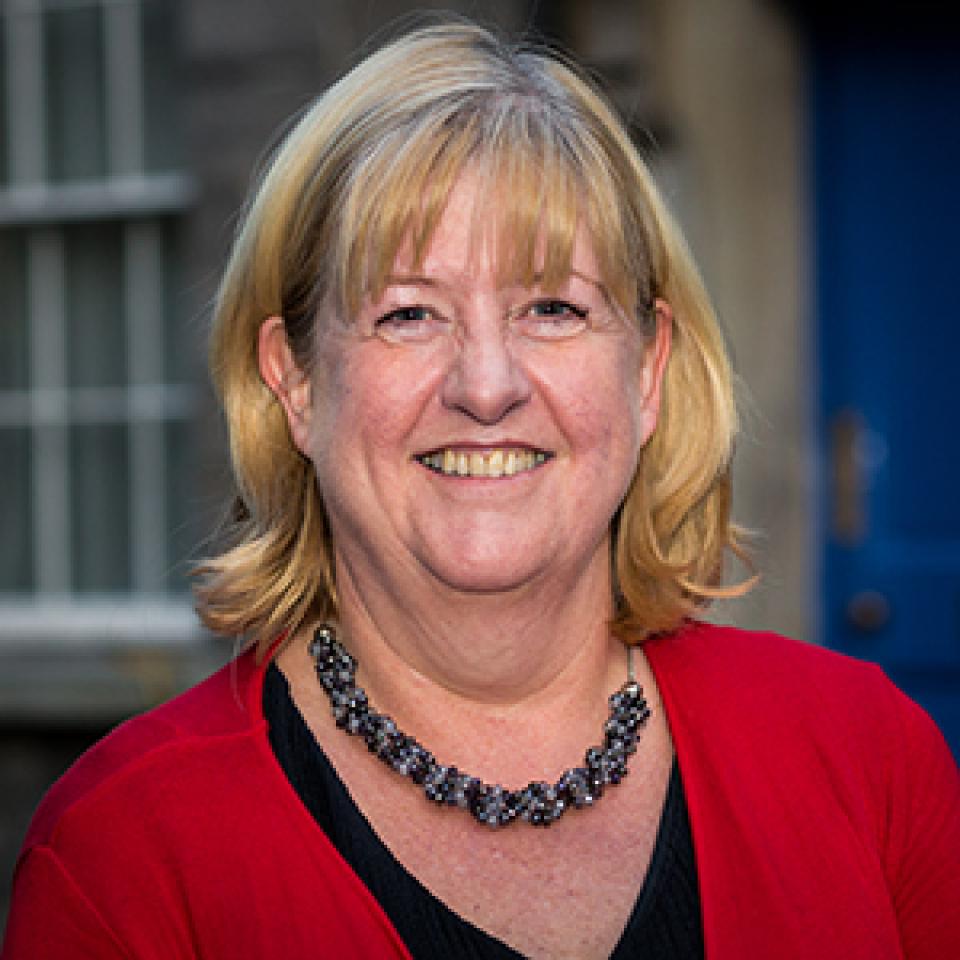

Mentorship a two-way street
With DCU’s award-winning mentorship programme, you’re getting valuable advice from qualified professionals for free. That’s how mentee-turned-mentor Robert Kavanagh (27) summarises the
initiative. “The benefits are huge,” says the School of Business graduate who graduated with a bachelor’s
degree in business and a masters in e-commerce.
He was awarded ‘Mentor of the Year’ for 2018/2019, an accolade he believes he received for his “straight
up” advice. “You need to listen, be honest and provide as much feedback as possible,” he says. “There’s a history of not being allowed to give critical feedback, but I was brutal and scrutinised my mentee’s CV to the last which he appreciated and he ended up getting a job straight away. We would spend hours on the phone over Skype.”
Kavanagh believes that signing up to be mentored can also help attract employers. “If you have it on your CV it shows that you are ready and willing to learn. It’s something which helps you stand out from 200 students.”
Adam Assahli (28), a qualified solicitor with international firm A&L Goodbody, is now in his second year
of mentoring. “I learned from last year that you need to be prepared and can’t go in on the fly. It’s important to have structure in your meetings, so with my new mentee we set an agenda before
we meet up,” he says.
One of the first graduates from DCU’s still relatively new Law and Society BCL degree, Assahli says his
main advice to mentees is not to be intimidated about going for jobs in the big corporate law firms.
“People think if they don’t have huge legal experience they can’t go for jobs and completely undersell
themselves. They mightn’t value experience they may have got working in areas such as retail. I’m like:
‘put that down on your CV’. They want to see people who have experience working under pressure or as part of a team.”

DCU Alumni Council, Gay White
For ‘super mentor’ Gay White, seeing how the students evolve and grow in confidence is one of the
biggest rewards of being a mentor.
She graduated from DCU in 2002 with a degree in psychology through the Oscail programme and has
been heavily involved in mentoring, providing guidance to mentors as well as mentees, hence the ‘super mentor’ title.
“I think the biggest testament to the programme is when your mentee calls you up years later out of the blue to tell you how they’re doing,” she says. “I’m actually meeting one this Friday for coffee.“I also love to see the mentees becoming mentors; I think that’s really a big nod to the programme.”
Nadya-Noviana Gargan (29) has followed the growing trend of mentees becoming mentors. For her,
the main benefit is having someone objective in your life who can offer unbiased advice. “It’s great to
speak with someone with interview experience and to learn the dos and don’ts. I found that extremely helpful.”
The International Relations graduate works in Deloitte’s audit department and recently brought her
mentee in for a day to shadow her work.
“Hopefully I didn’t turn him off accounting,” she said with a laugh.“It’s the kind of programme where you get out what you put in and it’s totally worth it.”
